Columnist Peter Blood: Walking with my grandfather across New Hampshire
| Published: 08-03-2017 5:13 PM |
I spent a week last month walking across New Hampshire on a climate pilgrimage sponsored by New England Quakers. Friends in New England are united in our concern for what we see as the tremendous damage humans are doing to God’s creation.
Twenty of us walked from Schiller Station in Portsmouth to the coal-fired power plant in Bow. Merrimack Station (better known locally as the “Bow plant”) is the only remaining coal-fired plant in New England not yet scheduled for shutdown or conversion. We believe that our country’s attachment to fossil fuels is causing irreparable damage to our precious planet, threatening the future of our grandchildren, those people already struggling on the margins of survival and countless native species.
Although part of our goal for this pilgrimage was to raise public awareness about climate change, a major intention of our walk was to reflect prayerfully on what God is calling us to do today in response to this terrible challenge facing our planet. As I walked, I also thought constantly about my grandfather, Robert O. Blood, who was the 65th governor of New Hampshire from 1941-45.
He was born on a small family farm in Enfield in 1887. My uncle Horace said Robert’s father worked him so hard on the farm that he badly injured his back. Robert was also upset that his father tried to discourage him from going to medical school since it would mean he could no longer work on the family farm.
Shortly after graduating from medical school in 1913, he met my grandmother, Pauline Shepard, a blue-blooded Bostonian who had just graduated from conservatory. She rode horses and drove sleighs to teach music in one-room schoolhouses in rural Vermont while Robert started a family practice in White River Junction.
He was awarded the Distinguished Service Cross for service in the Medical Corps in France during World War I. He founded Concord’s Post 21 of the American Legion in 1919 and went on to serve later as national vice commander of the Legion.
Many young men active in Christian youth movements in England and the United States before World War II took pledges to never fight in war. Nearly all these young Christians changed their beliefs once their countries were drawn into the war. My father (Robert O. Jr. — but he liked to be called “Bob”) held on to his newfound pacifism and was disappointed by how many of his fellow Dartmouth students changed their position on war. He decided to join the Religious Society of Friends (Quakers). There was no Friends meeting in Hanover or Concord at the time, so he joined a small meeting in Weare, New Hampshire. He had heard of Quakers in high school because his childhood best friend, Austin Hardy, had been dating Roberta Moody, one of the daughters of the only Quaker family in Concord at the time.
I don’t think my grandfather understood my father’s position on war. My dad told me that he was invited during the war to give a talk at the University of New Hampshire about his pacifist beliefs. His father sent his chief of staff in the governor’s car to Durham to intercept my dad and ask him not to embarrass his father (the governor) by giving the talk. Somewhat surprisingly, my father agreed to cancel his talk.
Article continues after...
Yesterday's Most Read Articles
 More than 130 arrested at pro-Palestinian protest at UMass
More than 130 arrested at pro-Palestinian protest at UMass
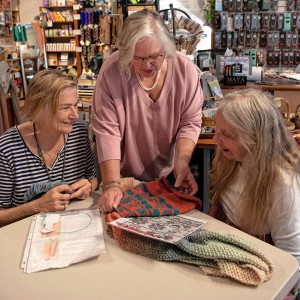 ‘Knitting treasure’ of the Valley: Northampton Wools owner spreads passion for ancient pastime
‘Knitting treasure’ of the Valley: Northampton Wools owner spreads passion for ancient pastime
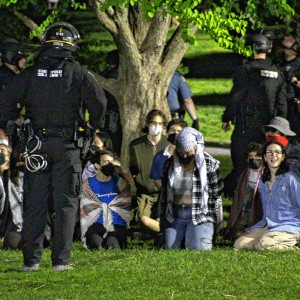 UMass student group declares no confidence in chancellor
UMass student group declares no confidence in chancellor
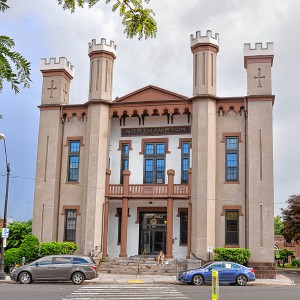 Guest columnist Josh Silver: Northampton school budget — Let’s start with kindness, accuracy and respect
Guest columnist Josh Silver: Northampton school budget — Let’s start with kindness, accuracy and respect
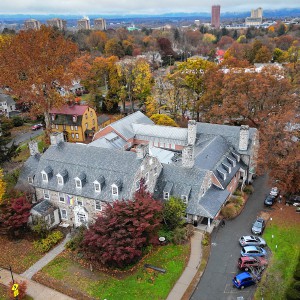 With Jones project in question, Amherst won’t sign lease for temporary digs
With Jones project in question, Amherst won’t sign lease for temporary digs
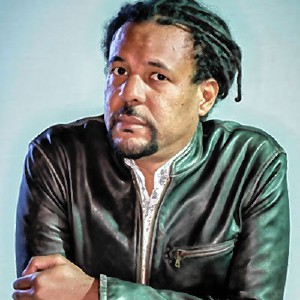 UMass graduation speaker Colson Whitehead pulls out over quashed campus protest
UMass graduation speaker Colson Whitehead pulls out over quashed campus protest
When I saw them together over the years, they seemed to respect each other in spite of their broad political differences. I remember being thrilled as a child to see my grandfather on television standing proudly beside the sign for the New Hampshire delegation at each Republican National Convention.
It may have been an even bigger stretch for my grandfather when I became a draft resister during the Vietnam War. I qualified for conscientious objector status as a Quaker, but came to believe that any cooperation with Selective Service was against my own conscience, since the draft’s purpose was to force men to engage in war. The Concord Monitor published an article about my draft trial in 1971.
My grandfather was a hard-working independent New Hampshirite in the cut of many who came before him. He served his country, his beloved patients, and his political party with a deep sense of commitment. He may have been gruff with my grandmother, but he was always tender with his patients in nursing homes around Concord until well into his 90s.
I wonder what he would have thought of our current president. My uncle Horace followed his father into both military service and the medical profession. When I saw my uncle Horace last year in Florida, he was no fan of Hillary’s but was also not at all keen on Trump. He was very disappointed by Jeb Bush’s inability to catch fire with Republican voters. He respectfully declined to say whom he would end up voting for if Trump received the nomination.
Now, as during the Vietnam War, I find myself deeply stricken by the direction my country is taking.
We used this walk as a chance to listen deeply for what God is calling us to do in response. We believe that when God’s voice within us contradicts human laws we must follow God’s laws. In the Dover (New Hampshire) Meetinghouse, we saw a painting of three Quaker women being whipped out of Dover in the 1600s for refusing to follow human laws that prohibited them to exercise their Quaker faith.
I have not been arrested for nonviolent civil disobedience since the Vietnam War. But after a period of worship at the gates of the Bow plant I felt compelled to join a group who engaged in civil disobedience against this plant that is producing electricity in a way so damaging to our earth. We camped out for 24 hours across the railroad spur where coal is delivered to the plant. Because no coal deliveries were scheduled at that time, Eversource decided not to call in the police in response to our action.
I felt my grandfather’s presence with me as I walked along back roads through the beautiful forests of Lee, Raymond and Auburn. We passed Trump signs and “We Stand with Planned Parenthood” signs. Most of those driving past us did not know what to make of us.
We were warmly welcomed into churches along the way. We wondered what will happen to the woods, fields, birds and small farms that we passed as we walked. Climate change will accelerate in the decades to come even with our best efforts to conserve better and turn to sustainable sources of energy. It will come even sooner and more irreparably because of the ostrich-like “head in the sand” policies of our current federal government.
A group of elementary-aged, African-American boys rode their bikes up to our group as we walked through downtown Manchester. They wanted to know what a “climate pilgrimage” was. They asked us if we needed anything. Someone said they were hungry.
The boys rode off and soon returned with several dozen lollipops (perhaps requisitioned from a nearby bank lobby) which they proudly distributed to the weary pilgrims.
Whenever my grandfather took me to the Concord Dairy Bar or the state fair or along Main Street, people would call out to him, “Hello governor.” He would smile and nod. I don’t know if he would understand why I walked for 60 miles across his beloved state. I doubt he would have agreed with my decision to risk arrest by engaging in witness at the Bow plant.
I do know how much he loved New Hampshire. I know how sad he would have felt if her forests and farms and creatures were terribly damaged by climate change.
I choose to believe he would have respected my own love for this land and my choice to act in conscience for it — even if he would choose a different way of serving the New England we both have loved so much.
More information about the climate pilgrimage is available online at climatepilgrimage.org.
Peter Blood and his wife, Annie Patterson, of Amherst, lead sing-along concerts around the country encouraging hope and resilience in response to the many challenges facing our planet. They are members of Mount Toby Friends Meeting, Climate Action Now and the Amherst chapter of NAACP.

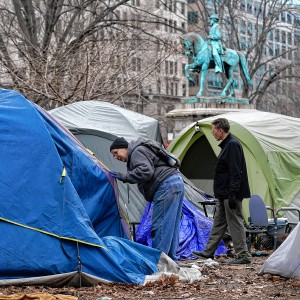 Columnist Olin Rose-Bardawil: American dream out of reach for many
Columnist Olin Rose-Bardawil: American dream out of reach for many Tony Giardina: Faith and inclusion
Tony Giardina: Faith and inclusion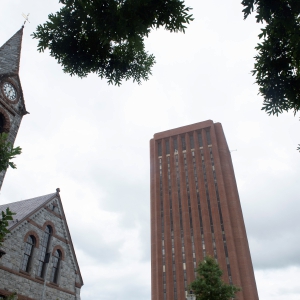 Martha Jorz: Stop supporting UMass and Raytheon
Martha Jorz: Stop supporting UMass and Raytheon Doron Goldman: Israel's situation is complicated
Doron Goldman: Israel's situation is complicated
